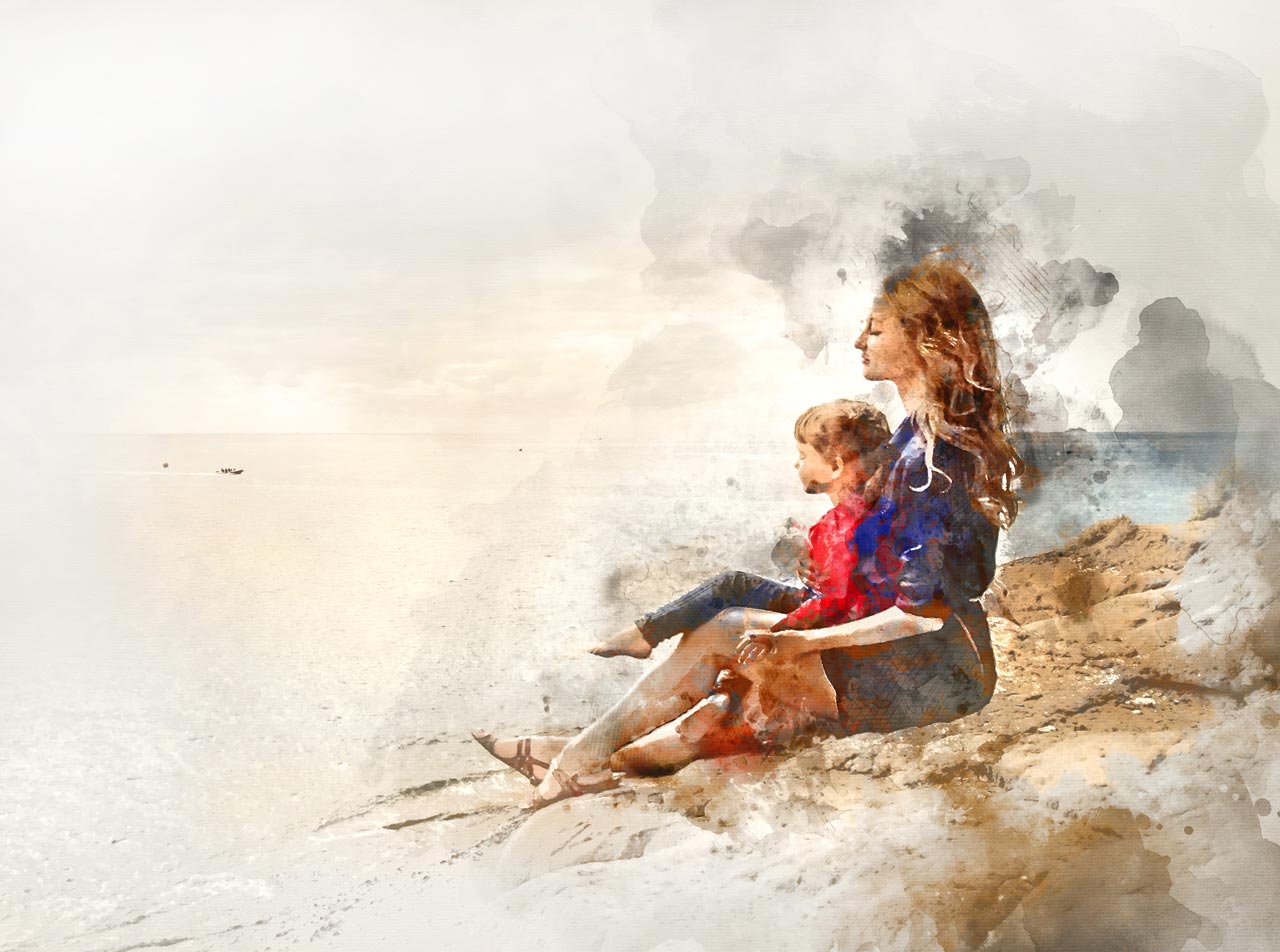How to survive Mother’s Day when you’re grieving

Article From: The Guardian
By: Sophie Hull
I flinch every time Mother’s Day is mentioned: every time I open an email, hear a radio or TV ad, or walk past advertising with promotions on flowers and high tea.
Mothers give us life and love. They have a hard job; they deserve to be celebrated. It’s just difficult to celebrate when your mum has gone and it feels your guts have been ripped out while your life has been simultaneously turned upside down and shaken all over the floor. When reminders of this well-marketed holiday pops up in my day, mostly I want to hit something.
Grief is a response to loss that most of us have faced, or will face soon enough. But like many aspects of mental health, it’s something we don’t seem that good at talking about. Everyone responds to grief differently, and your own response can change on a day-by-day basis. It can be a numb or raw, a staid or sobbing pain that settles in your bones, without the schedule or process you expected.
When an insidious illness wore away at my beautiful mother, the grief scrubbed me raw. Every hope I had for her was torn into tiny shreds. When she died, six terrible months after being diagnosed, this new grief was coupled with relief that her suffering was over.
I didn’t think I was feeling what I should. I felt guilty both that I was able to go to work, to laugh, to love, and conversely, that I wasn’t as strong as I thought. I learnt that grief wasn’t a tidy bundle of pain that faded in a month or two: it’s a messy, unpredictable, illogical state that, 16 months on, can still feel fresh. It’s getting used to a new way of life; I relate to CS Lewis’ visceral description in A Grief Observed: “The death of a beloved is an amputation.”
As I face my second Mother’s Day without my mum, I explore how to get through this day without her.
Let it out
Are you worried that if you let it all out you’ll start behaving like a recalcitrant, screaming toddler who throws their toys out of the pram because they can? I’m more of a puddle of chocolate and tears on the floor myself, but either way, it’s OK if you’re not “fine”. Find some space and time to be alone, to process and be sad in your own way.
Talk
The counterpart to the above is, when you’re ready, to find someone who understands your pain. It might be a colleague or neighbour who’s also experienced grief, one of your mum’s friends, or it might be a support group, psychologist or Lifeline (13 11 14). Grief can feel isolating but reach out to the ones you love too: talking is hard but it helps.
Honour her memory
When a well-meaning friend suggested this for my first Mother’s Day without my mum, I thought “You really don’t understand. I don’t want to do something nice. This is the one holiday I want to POKE IN THE FACE.” But some people might find it comforting to create a new routine or ritual – to buy themselves some flowers, to visit their mum’s favourite restaurant, to talk to your kids or friends about her.
Be good to yourself
Now’s not the time to reach for numbing substances like alcohol or drugs. If you can summon the energy, nurture yourself with healthy food, sleep and exercise.
Show gratitude
Stay with me here. It can feel like life has let you down but at the same time, I’ve got the stark realisation that I was so lucky to have my mum in my life for so long. What’s more, my mum was spectacular; smart, loving, strong as steel. This hurts so much because I love her so much. Recently a friend told me he wasn’t that sorry his difficult mother was gone, and I was knocked out of taking for granted some of the foundations of my life.
Take a moment to thank the world, or your mum, for everything she was and did for you. Then take a moment to think about the other people in your life, and be grateful they are still here.
Related Posts
4 actions to help end child labour and build a fair economy
Child labour is not just a historical problem but also an ongoing one. It is still depriving children of their childhoods, limiting their access to education, shortening their life expectancy, and perpetuating poverty….
November 24, 2022Life a ‘waking nightmare’ for 12 million children in Yemen
“Over 80 per cent of people require urgent humanitarian assistance and protection. Including 12 million children, whose lives are a waking nightmare….
December 12, 2020


